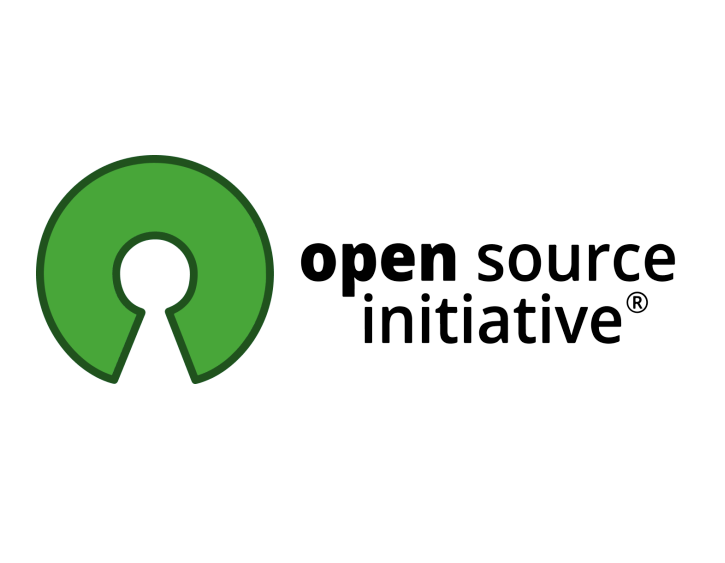
Security News
OpenJS: “XZ Utils Cyberattack Likely Not an Isolated Incident”
OpenJS is warning of social engineering takeovers targeting open source projects after receiving a credible attempt on the foundation.
set-blocking
Advanced tools
Weekly downloads
Package description
The set-blocking npm package is primarily used to control the blocking behavior of streams in Node.js. This can be particularly useful in scenarios where you need to ensure that stdout or stderr is fully drained before your process exits, especially in the context of CLI applications. The package provides a straightforward API to toggle the blocking behavior of these streams.
Setting stream blocking
This code enables blocking on stdout and stderr, ensuring that all output is flushed to these streams before the process exits. This is particularly useful for CLI tools that output to the terminal and need to ensure that all output is displayed to the user before the process terminates.
require('set-blocking')(true);The block-stream package provides functionality for creating streams that block until a certain number of bytes have been collected. While it serves a different purpose by focusing on the manipulation and control of stream data in blocks, it shares the concept of controlling stream behavior with set-blocking. However, set-blocking is specifically tailored for setting the blocking behavior of process output streams, making it more specialized for scenarios involving stdout or stderr.
end-of-stream is a package that allows you to wait for the end of a stream (readable, writable, or duplex) and execute a callback. It is similar to set-blocking in the sense that both packages deal with stream behavior and ensuring certain conditions are met before proceeding. However, end-of-stream focuses on detecting the end of a stream, whereas set-blocking specifically enables or disables blocking behavior on stdout and stderr.
Readme
set blocking stdio and stderr ensuring that terminal output does not truncate.
const setBlocking = require('set-blocking')
setBlocking(true)
console.log(someLargeStringToOutput)
This was created as a shim to address the bug discussed in node #6456. This bug crops up on
newer versions of Node.js (0.12+), truncating terminal output.
You should be mindful of the side-effects caused by using set-blocking:
true, it will effect other modules
consuming your library. In yargs we only call
setBlocking(true) once we already know we are about to call process.exit(code).isTTY = true, this is
the default spawn() behavior.ISC
FAQs
set blocking stdio and stderr ensuring that terminal output does not truncate
The npm package set-blocking receives a total of 20,435,253 weekly downloads. As such, set-blocking popularity was classified as popular.
We found that set-blocking demonstrated a not healthy version release cadence and project activity because the last version was released a year ago. It has 1 open source maintainer collaborating on the project.
Did you know?

Socket for GitHub automatically highlights issues in each pull request and monitors the health of all your open source dependencies. Discover the contents of your packages and block harmful activity before you install or update your dependencies.

Security News
OpenJS is warning of social engineering takeovers targeting open source projects after receiving a credible attempt on the foundation.

Company News
Come meet the Socket team at BSidesSF and RSA! We're sponsoring several fun networking events and we would love to see you there.

Security News
OSI is starting a conversation aimed at removing the excuse of the SaaS loophole for companies navigating licensing and the complexities of doing business with open source.